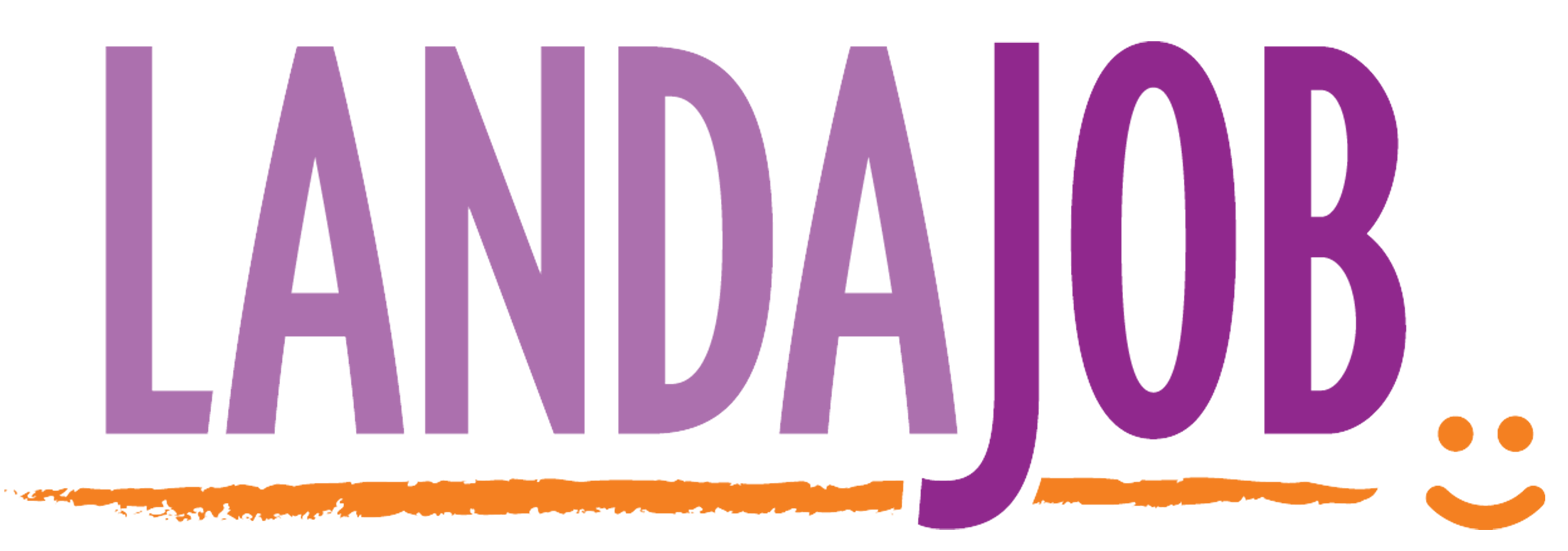How to interview effectively – tips for job seekers!
We have previously talked about interviewing effectively from the hiring manager’s perspective. Now we want to take a look at effective interviewing tips for job candidates.
This is so important. I hate to bring up such an outdated saying, but like they say, “you only get one chance to make a first impression.” Well it’s true. All the research out there says that hiring managers decide within the first few minutes whether they like you or not. They spend the rest of the time hoping to confirm that initial decision. So make it easy for them!
We’d like to narrow down our suggestions to these four basics:
- Do research
- Be authentic
- Be appropriate
- Listen
Do research – do your homework. There is no excuse today not do internet research on the company. You should find out everything you can about what it does so you can ask intelligent questions. Who will be interviewing you? Don’t cyber-stalk them, but it will help to have basic information such as their position and how you will be interacting with them if you’re hired.
Take some time to think about what they may be asking you. A good interviewer will ask you open-ended questions, so you need to think about how you will answer. They will likely ask about challenges you have faced, how you solved problems. They may ask about strengths and weaknesses. Answer honestly, but taking the time to prepare may mean you can give them examples of how you overcame weaknesses. They will likely ask you if you have any questions for them. If you’ve done your homework, you should have some thoughtful questions prepared.
Know your own resume (yes I know this sounds silly, but you’d be surprised). Be prepared to talk about specific experience and skills you have that make you the right person for this job. Be prepared to tell the interviewer why you want the job!
Be authentic – always be honest and direct. If you attempt to be someone you’re not, they will immediately pick-up on that. Most people will always appreciate honesty. If you don’t know something, say so. If you don’t have a particular skill, admit it. It gives you a chance to comment on how much you enjoy learning new things. In this internet age, it’s very risky to profess something that can be uncovered in a simple on-line search.
Maybe you get a little nervous at interviews. A lot of folks do. Just admit it quickly and move on. Don’t overcompensate by trying to dominate the interview. It’s more important to listen well.
And please don’t try to be superman or woman. When asked about your weaknesses, don’t respond that you just can’t stand it when people don’t work as hard as you do, or don’t care as much as you do, or something similarly revolting. When I say “be authentic” I mean be human, be yourself.
Be appropriate – dress appropriately for the company you’re interviewing with. Even if you think people come to work in t-shirts and jeans, you should not. Once you’re hired, you can dress as others do, but dress professionally for your interviews.
Behave appropriately. From the moment you come in the door (and please be a little early for your appointment), be kind and courteous to everyone you interact with. Your prospective employer may check with staff to see how you interacted with them. So treat everyone as you would want to be treated. You wouldn’t be here if you weren’t excited about the job, would you? It’s okay to let that show. Remember, the first impression you are making applies to everyone you meet.
Use appropriate language. Stay professional. Obviously, avoid any language that may be offensive to someone, even if (and hopefully this will never happen), your interviewer says something like that. You need to maintain a professional presence. You aren’t there to make friends, so don’t try to be cute or funny.
Listen – seems obvious, right? As suggested above, you should be prepared, but that does not mean you try to answer every question posed to you with one of your prepared responses. Be sure to listen to the question and answer the question that’s asked. A good listener will pick up a lot of information about your interviewer and the company. What they ask will tell you what’s important to them and about the culture of their company. Jot down some notes as the interview progresses; it should help you provide more specific answers to their questions and pose more intelligent questions to them.
It’s important to remember that you are checking out your prospective employer just as much as they are checking you out. So prepare as best you can, then go for it. Good luck!

